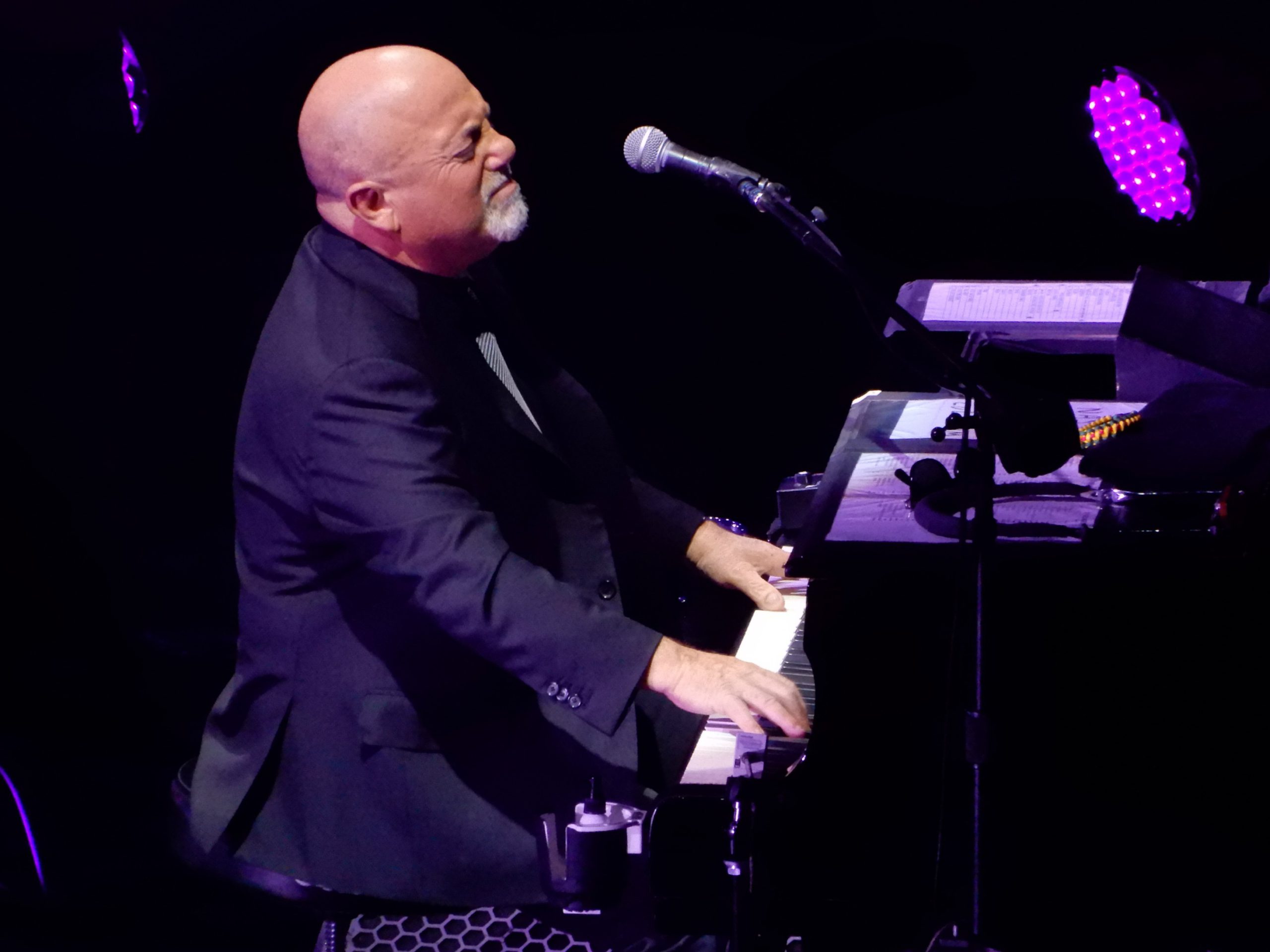Filming without permits in Times Square sounds like a rookie creator mistake, not something that would trip up a Grammy-nominated superstar. Yet in 1989, Billy Joel found himself escorted away by NYPD during the very shoot that would become one of music’s most memorable videos.
The Times Square Takedown
NYC cops shut down the “We Didn’t Start the Fire” production after discovering missing paperwork.
The chaos started when Joel’s production team descended on Times Square to capture footage for their ambitious music video. The song itself was already making waves—119 rapid-fire historical references spanning four decades, destined for Grammy nominations in Record and Song of the Year categories. But someone forgot the most basic rule of filming in New York: get your permits first.
Crowds gathered as cameras rolled, creating the kind of sidewalk-clogging spectacle that makes city officials reach for their citation books. When NYPD arrived and discovered the unpermitted shoot, they didn’t care that this was the Piano Man himself. Production halted immediately.
Eyewitness accounts describe Joel remaining characteristically calm, attempting to negotiate with officers while being escorted away. The incident made entertainment headlines and became instant music industry folklore.
Creative Ambition Meets Municipal Reality
The incident highlighted the eternal struggle between artistic vision and urban bureaucracy.
New York in the late 1980s was experiencing a music video boom, and city enforcement had adapted accordingly. Officials weren’t being difficult for sport—they were managing a metropolis where every corner seemed to host some kind of production.
The Joel incident became legendary among video producers, serving as a cautionary tale about the collision between creative spontaneity and regulatory frameworks. Modern creators face the same fundamental tension: authentic urban energy versus legal compliance.
The irony runs deep. A song chronicling decades of historical turbulence got interrupted by the most mundane of modern problems: paperwork. Yet the footage they captured before the shutdown became part of the acclaimed final video, with its clever kitchen-set concept showing an evolving American family while Joel remained constant throughout the decades.
No criminal prosecution followed, but the incident cemented Joel’s reputation as a quintessential New Yorker willing to test the city’s boundaries—and occasionally discover exactly where those boundaries are enforced.


























